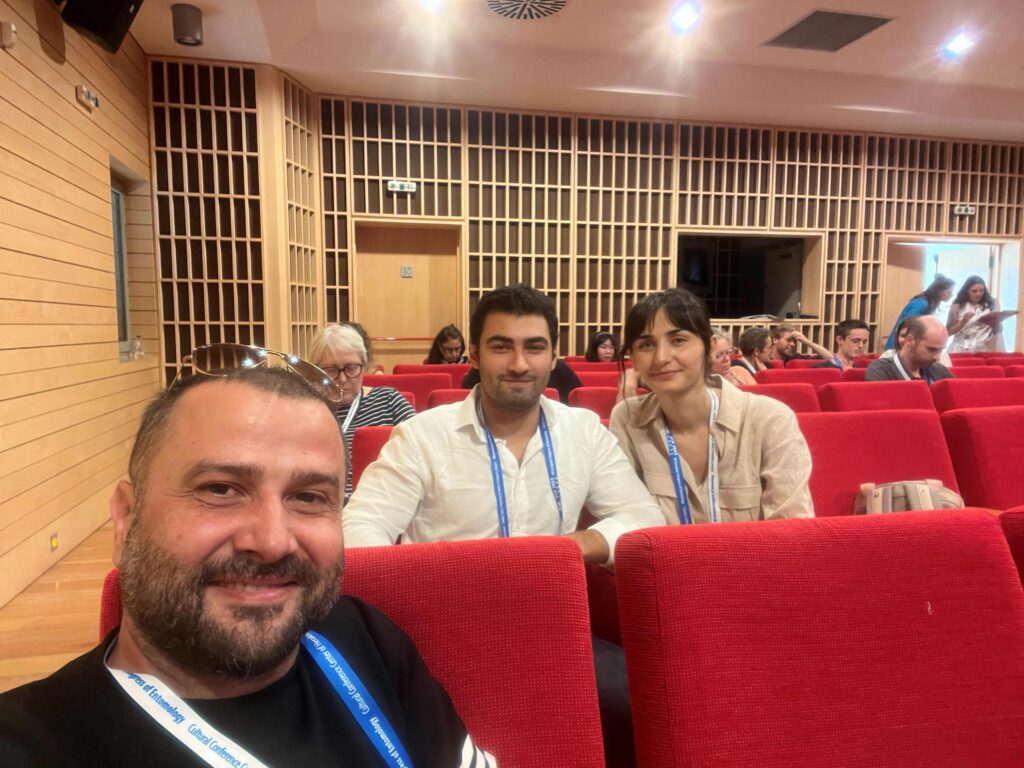We are thrilled to announce that our recent paper, “The integral role of de novo lipogenesis in the preparation for seasonal dormancy” is now online in Proceedings of the National Academy of Sciences of the United States of America (PNAS)!
Dormancy is an adaptive response that allows various animals to endure extended harsh periods without food. Accumulation of lipid reserves, mainly in the form of triglycerides (TAGs), is observed during the preparation for the dormancy. However, the molecular underpinnings of the lipogenesis at the preparatory phase that set the stage for effective dormancy remain elusive. In this study, we delve into the prediapause stage in the Colorado potato beetle, placing emphasis on de novo lipogenesis. Our findings using an in vitro simulation diapause model together with RNA interference illuminate the pivotal and coordinated role of de novo lipogenesis and other lipid metabolism-related genes with fatty acid binding and transporter functions in TAG accumulation during prediapause. Silencing genes encoding de novo lipogenesis enzymes prolonged the prediapause, whereas silencing of fatty acid transportation genes shortened the prediapause. Overall, our findings suggested a model in which the insects dynamically decide when to transition from prediapause into diapause depending on the progress in lipid accumulation through de novo lipogenesis, which might be important in understanding the biochemical background of hibernation in animals.
PNAS is one of the three most prestigious and influential general-science journals with Nature and Science. PNAS is also one of the world’s most-cited and comprehensive multidisciplinary scientific journals, publishing more than 3,500 research papers annually. PNAS was established in 1914 following the semicentennial anniversary of the National Academy of Sciences (NAS) and has worked to publish only the highest-quality scientific research.
Congratulations to Doga and Gözde, and our PI, Dr. Umut Toprak! To reach into the paper, please click here!




